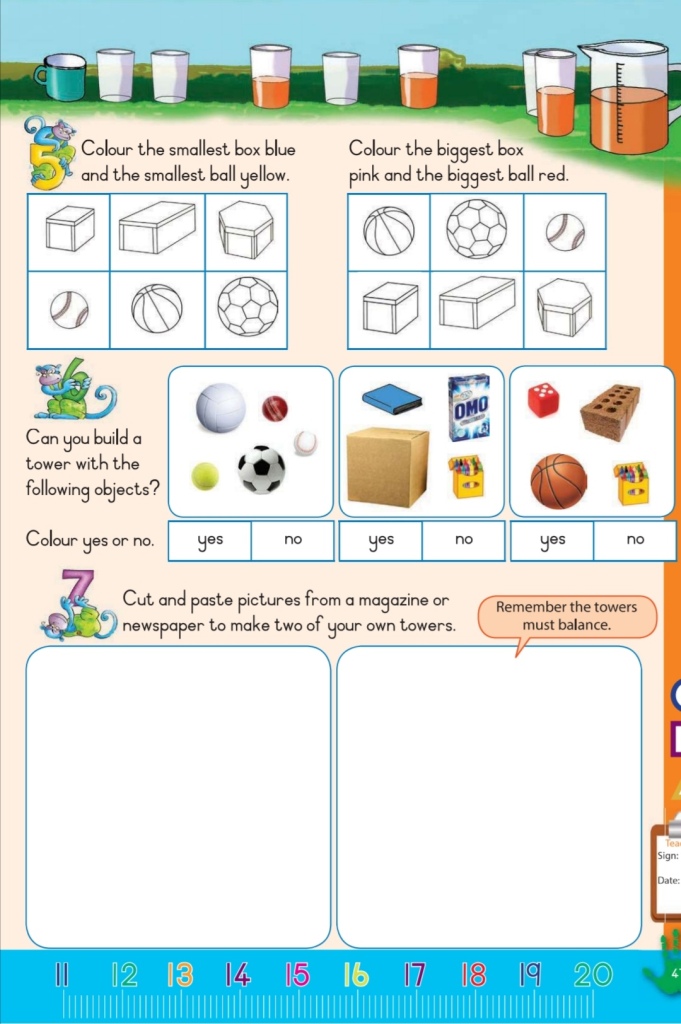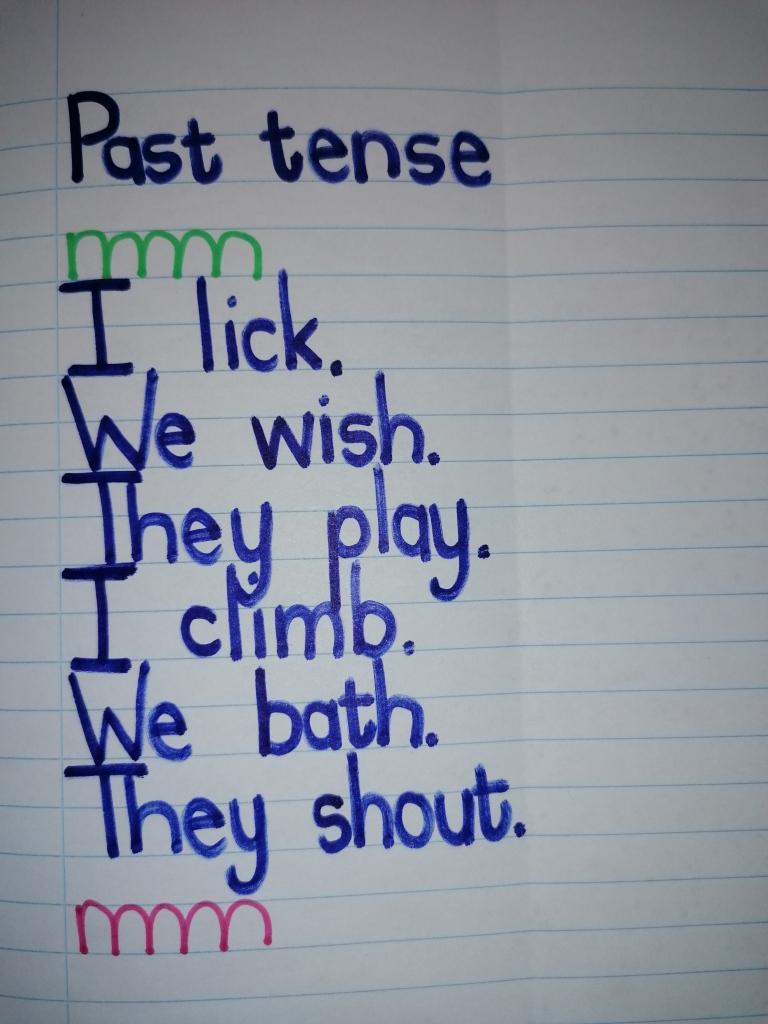We are taking on some fun challenges today! We are going to sequence numbers, solve a story sum, calculate totals and change, talk about 2D shapes, practice our handwriting, find rhyming words, read, and rewrite sentences with the correct punctuation. In Life Skills we will learn about homes. There is also a Phonics activity if Afrikaans is your additional language. Let’s get started!
If you’re new here, the resources used for counting in multiples, sounds learnt (to be cut into sound cards to build words), phonics lists and reading sight words (to be cut out in order to flash the words) can be downloaded here. There are also some practice assessments available on the page.
Maths methods – summary: A second page has been added. This is useful to keep on hand should you forget how each of the different methods in Maths is calculated. Mathematics is one of those subjects where you will always have to show how you got your answer, whether you are in Grade 1 or at university, so make sure to include all the steps for each type of sum. Always leave one line open before starting a new sum – as indicated by the orange crosses.


Money totals and change: Even though the examples do not demonstrate this, it is very important to write all answers in the R14,00 format. The worksheets were taken from the Department of Basic Education’s Mathematics workbook 2.

2D Shapes: The worksheets were taken from the Department of Basic Education’s Mathematics workbook 2.


Counting, story sum and handwriting: Because handwriting is assessed it is very important that special attention be given to the formation of letters. Make sure that letters start and stop in the correct place, try to touch the top and bottom lines and do not lift your hand whilst you write.

Phonics – New words: We are learning new sounds. The new lists are available to print here. You don’t need to learn or write the sentences – they are simply there to help you understand what the words mean. Only sound out the words in the blocks on the left and ask Mom or Dad to test how well you know them.

Reading: Read the story. Sound out words that you don’t know. If you get stuck on some of the words in the lists above, practice them some more. Try to read more fluently every day. Also try to read with expression. Think about where your voice needs to be louder or softer. Remember that your voice needs to sound as though you are asking a question when there is a question mark.

Rhyming words (circle two words that rhyme in each line) and Punctuation: There are only a few clues today. Try to find all the words that must be written with capital letters. Remember those full stops!

Life Skills – Homes: We are learning about different types of homes. This page was taken from the Department of Basic Education’s Life Skills workbook for Terms 3 and 4.

Afrikaans First Additional Language – Phonics: We’re learning Afrikaans sounds. Follow along with the video and try your best to always speak in full sentences. The pages were taken from the Department of Education’s Workbook 1 for Afrikaans Home Language.

Wow! You did an amazing job!
Now go have fun!
Lisa







































































